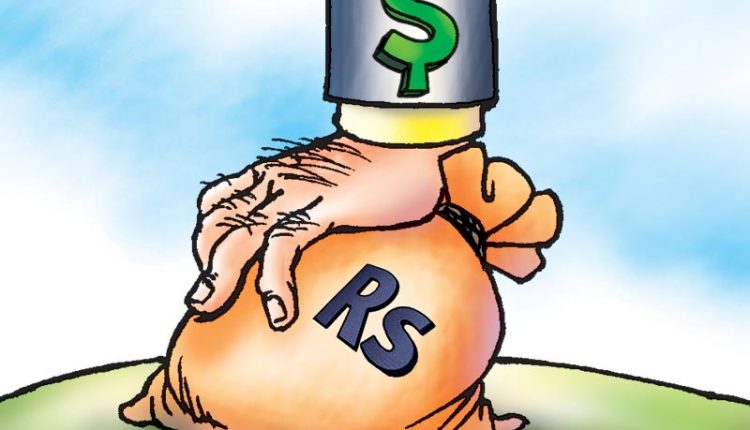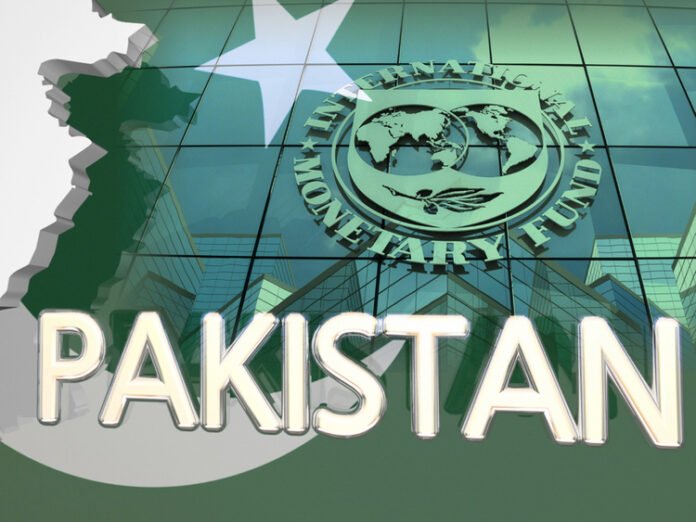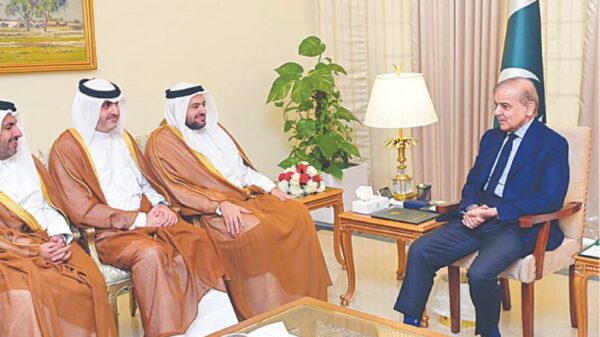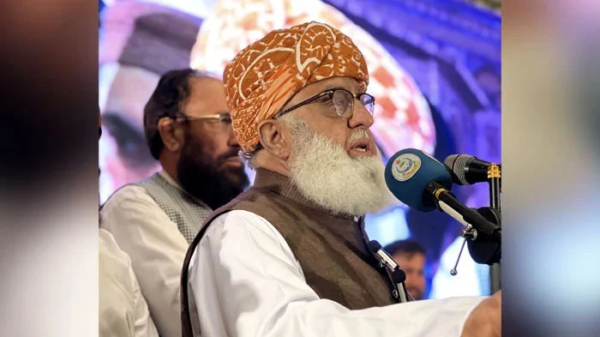Loans of Pakistan
ISLAMABAD: The International Monetary Fund said that in the fiscal year, about $10 billion in existing foreign loans of Pakistan will be rolled over.
Additionally, Pakistan will also receive $5.6 billion in external financing from its friendly countries, including China, Saudi Arabia, the United Arab Emirates, and the International Financial Institutions (IFIs).
The fund has disclosed this in its country report on Pakistan, released on Tuesday night.
Regarding Pakistan’s capacity to repay its loans, the report said that the capacity to repay the IMF is subject to significant risks and would critically depend on policy implementation and timely external financing.

The Fund’s exposure reaches SDR 6,123 million (or 301 percent of quota and about 108 percent of projected gross reserves in end-September 2023) with purchases linked to the request. With the completion of all purchases under the arrangement, the Fund’s exposure would peak at SDR 6,673 million in March 2024 (or 329 percent of quota and about 109 percent of projected gross reserves in end-March 2024). Exceptionally high risks—notably from delayed adoption of reforms, high public debt, and gross financing needs, low gross reserves and SBP’s sizeable net FX derivative position, the recent decline in inflows, and sociopolitical factors—could jeopardize policy implementation and erode repayment capacity and debt sustainability. Restoring external viability is critical to ensure Pakistan’s capacity to repay the Fund, and hinges on strong policy implementation, including beyond the proposed SBA. In the absence of the proposed SBA, and capacity to repay the Fund would be strained.
Uncertainty about global economic and financial conditions, amid several successive shocks, adds to these risks. Adequate execution of firm and credible financing assurances is an essential mitigating factor.
Natural Gas sector reforms and Troubles for Consumers
According to the IMF report, the staff reiterated the importance of persevering with regular biannual end-user gas price adjustments (as per established formulas and timelines), whilst sparing the protected slabs which protect the most vulnerable consumers. Besides, staff encouraged the authorities to work with the World Bank on:
(i) preparing guidelines for OGRA to implement the weighted-average cost of gas pricing (WACOG) law adopted in March 2022 for the next regular OGRA determination; (ii) creating reliable CD data, management, and projection capacity; and (iii) implementing cost-reducing reforms (notably to reduce UFG losses, including through infrastructure improvements, network rehabilitation, and theft control).
Key measures include:
(i) notification in full (and, if needed, retrospectively with effect from July
1, 2023) of the FY24 annual rebasing (AR) as per the National Electric Power Regulatory Authority’s (NEPRA) imminent determination (end-July 2023 SB); (ii) some modest relief from near-term measures aimed at improving distribution efficiency (primarily on the collection side); and (iii) steadfast acceleration of crucial medium-term cost-reducing reforms (MEFP ): Timely alignment of power tariffs with cost recovery levels along the established tariff structure that protects the poor through lifeline and protected tariffs.
Staff stressed that regular tariff adjustments—in line with established formulas for the one AR, four quarterly tariff adjustments (QTAs), and twelve monthly fuel price adjustments (FPAs) per FY are critical to implement the CDMP, halt CD accumulation, limit fiscal pressures, lend credibility to the National Electric Power Regulatory Authority (NEPRA), lower load shedding, and restore the viability of generators and ensure their ability to operate. Better targeting of power subsidies. The authorities concur that subsidy reform needs to continue to effectively protect the vulnerable, introduce more fairness, and reduce fiscal costs. Staff commended the authorities for committing to: (i) entering the third stage of their multi-year subsidy reform plan, supported by the World Bank, and submitting to cabinet a subsidy rationalization reform plan for tube wells for large agricultural users by end-2023; and (ii) persevering with regular tariff adjustments while sparing the lifeline and protected slabs, which will increase the progressivity of the tariff structure for residential consumers and improve fairness.
o Pursuit of other medium-term reforms to reduce costs and CD. The authorities’ efforts remain geared toward reducing commercial losses, technical losses, and generation costs.
I am an experienced writer, analyst, and author. My exposure in English journalism spans more than 28 years. In the past, I have been working with daily The Muslim (Lahore Bureau), daily Business Recorder (Lahore/Islamabad Bureaus), Daily Times, Islamabad, daily The Nation (Lahore and Karachi). With daily The Nation, I have served as Resident Editor, Karachi. Since 2009, I have been working as a Freelance Writer/Editor for American organizations.










